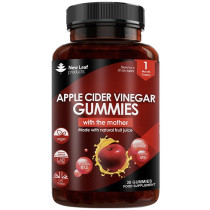Carnauba Wax
Plant Wax
Carnauba Wax
Other Name(s):
Copernicia cerifera Wax; Brazil Wax; E 903; CAS# 8015-86-9

Carnauba trees are native to the northern reaches of Brazil. It thrives in semi-arid areas with low rainfall and high temperatures. Thankfully, this means its cultivation is not implicated in rainforest destruction. Plantations are highly sustainable due to the nature of the plants. They help to prevent soil erosion and siltation of natural waterways. Additionally, the palm fronds are often returned to the soil where they organically fertilise the soil and help to offset issues often associated with monoculture farming.
Is Carnauba Wax Faithful to Nature?
Yes.
Carnauba Wax is a natural ingredient, which can be harvested and refined sustainably from responsibly managed palm groves.
Benefits: Why is Carnauba Wax Used?
High Melting Point
Carnauba Wax has a high melting point compared to other waxes.
Vegan Friendly
Carnauba Wax is a vegan-suitable alternative to beeswax.
Preserves Fruit
Carnauba Wax keeps imported fruit fresh for longer.
Gives Shine
Carnauba Wax can be used to give sweets, fruits and confenctionary a glossy shine.
Carnauba Wax is used in lipsticks, volumizing mascaras, and solid deodorants. Carnauba wax can also be found as a single ingredient product used for polishing and buffing motor cars to lock out moisture and prevent rust.
Carnauba Wax is made by first harvesting the fronds of Copernicia cerifera trees. The leaves are then dried and mechanically mulched to separate the flakes of wax. After the waxen flakes are collected, they are boiled and filtered to remove impurities and particulate matter.
Copernicia cerifera is a type of palm tree native to South America. Despite being a palm, it is not to be confused with Elaeis guineensis, the African palm which has become naturalised throughout Southeast Asia. As such, we do not factor Carnauba wax into the equation when marking products as containing palm oil, or when marking products as “Palm Oil Free”.
If you are buying and eating imported fruit (a very likely scenario, especially during the months of the year when certain fruits are out-of-season), there is a very high likelihood that the fruits are coated with a thin layer of carnauba wax. Produce like this isn’t required in
South Africa to have an ingredient list on the packaging, but if it was it would include E 903. Should you wish to avoid consuming this wax, be sure to wash your fresh produce thoroughly with a natural fruit & veg wash before eating!
Some organic fruit and vegetable farmers choose to use beeswax to re-coat their produce after washing.
Notice: The information provided here is not intended as medical advice and is for educational purposes only.
Products Containing Carnauba Wax
-
sku139204
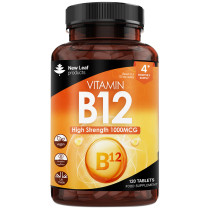
-
sku5589

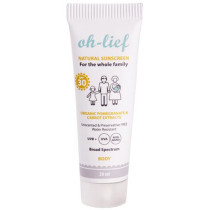
-
sku11540


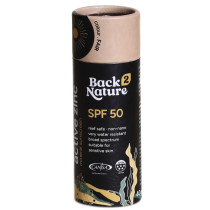
Back 2 Nature Active Zinc Mineral Sunscreen S...
- 40g
Regular Price: R279.00
Special Price R223.20
+
-
-
sku11558
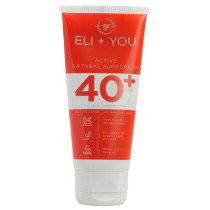
-
sku139036
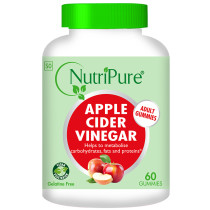
-
sku9578
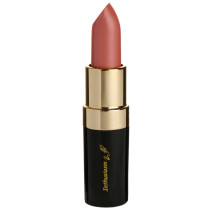
-
sku4725

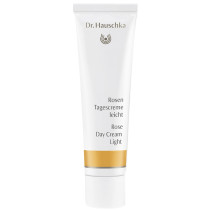
-
sku4719
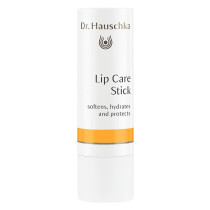
-
sku5590
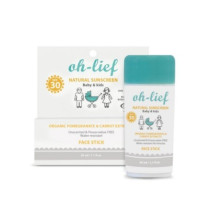
-
sku9581
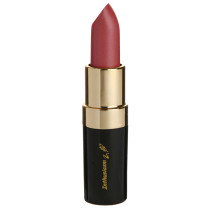
-
sku68082
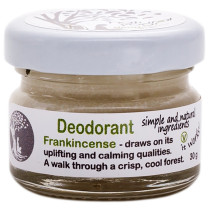
-
sku103565


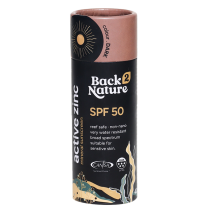
Back 2 Nature Active Zinc Mineral Sunscreen S...
- 40g
Regular Price: R279.00
Special Price R223.20
+
-
-
sku9585
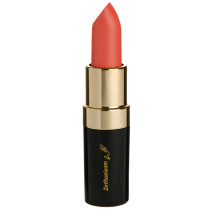
-
sku5591
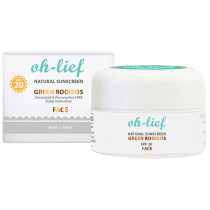
-
sku9580
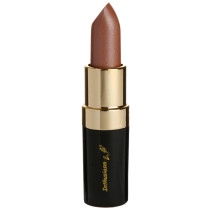
-
sku67382


-
sku9576
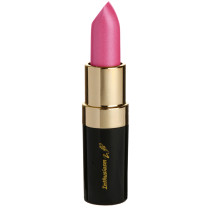
-
sku9583
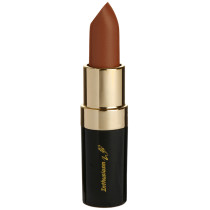
-
sku9588
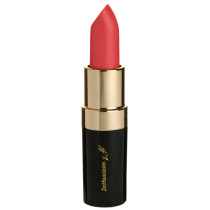
-
sku9586
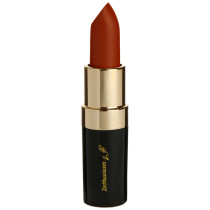
-
sku67395

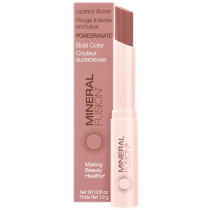
-
sku9587
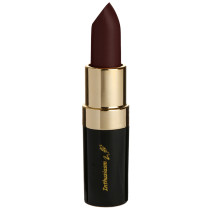
-
sku9579
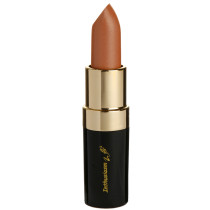
-
sku9582
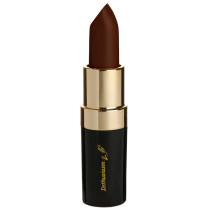
-
sku67396

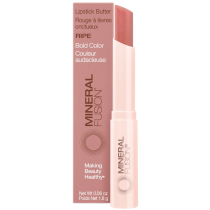
-
sku67381

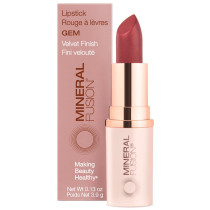
-
sku131048
